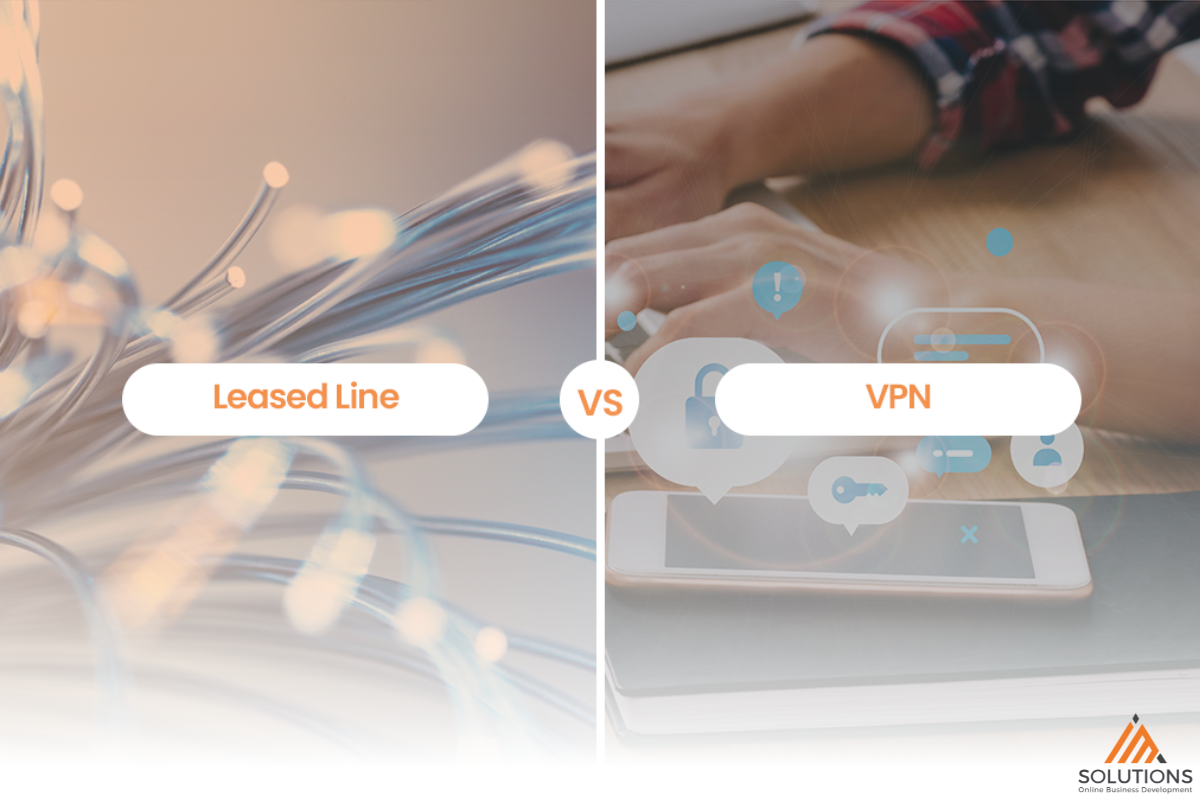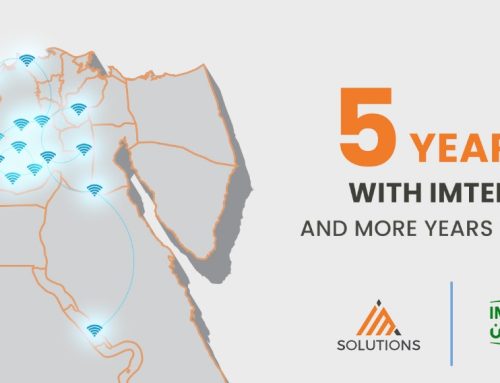What Is the Difference Between Leased Line & VPN?
In today’s digital age, businesses are constantly seeking reliable and secure ways to connect their offices and employees. As organizations expand and adapt to the evolving technological landscape, the need for robust connectivity solutions has never been more critical. Two popular options for achieving this are leased lines and Virtual Private Networks (VPNs). Understanding the nuances of these technologies is essential for making informed decisions that align with your organization’s operational needs and strategic goals.
Leased Line vs. VPN: What Sets Them Apart
A leased line offers a dedicated connection with high bandwidth, making it particularly well-suited for bandwidth-intensive tasks such as video conferencing, large file transfers, and real-time data exchange. Unlike traditional broadband connections, which are shared among multiple users, a leased line provides a private, unshared connection that ensures consistent performance. This results in blazing-fast speeds, low latency, and guaranteed uptime, making it an ideal choice for linking offices and primary data centers. Businesses that rely on seamless communication and data transfer can benefit significantly from the reliability of leased line services, which ensure notably fast connectivity for both uploading and downloading. Additionally, leased lines typically come with fast fix times and unmetered connections, meaning that organizations can operate without the worry of data caps or throttling.
On the other hand, a VPN connection provides a different set of advantages. It offers encryption and authentication over an existing connection, whether it’s a leased line, ADSL connection, or mobile network. Acting as a secure tunnel through the public internet, a VPN encrypts data traffic, ensuring confidentiality and security. This makes it an excellent choice for remote workers or branch offices that need to access the company’s internal network securely. By using a VPN connection, organizations can protect sensitive information from potential cyber threats, ensuring that data remains confidential even when transmitted over less secure networks. Furthermore, VPNs can facilitate remote access to corporate resources, allowing employees to work from various locations without compromising security.
Leased Line Prices in Egypt: Finding the Right Solution
When considering connectivity options, understanding leased line prices in Egypt is crucial. Leased line services offer top-quality connectivity, but it’s essential to weigh the costs against the benefits they provide. The pricing structure for leased lines can vary based on factors such as bandwidth requirements, service level agreements (SLAs), and the geographical location of the business. While the initial investment may be higher compared to other connectivity options, the long-term benefits of fast and reliable connections can make leased lines a valuable investment for organizations requiring high-speed data transfer. Businesses should conduct thorough market research and consult with service providers to find the most suitable leased line solution that meets their budget and operational needs.
Choosing Between Leased Line and VPN: Making the Right Decision
When deciding between a leased line service and a VPN connection, it’s essential to consider your organization’s specific needs and operational requirements. Leased lines offer unparalleled speed and reliability, making them ideal for critical operations that demand constant connectivity. For instance, businesses that rely heavily on cloud-based applications, video conferencing, or large-scale data transfers may find that a leased line is the best option to ensure uninterrupted service.
Conversely, VPNs provide secure access to internal networks for remote workers, ensuring data confidentiality and protection against unauthorized access. Organizations with a distributed workforce or those that allow employees to work from home can benefit from the flexibility and security that VPNs offer. Additionally, VPNs can be a cost-effective solution for businesses that do not require the high bandwidth that leased lines provide.
In conclusion, both leased lines and VPNs are essential for modern business connectivity. Understanding the distinctions between these technologies and taking into account factors such as leased line prices in Egypt enables businesses to make informed decisions to effectively meet their connectivity needs. Key takeaways include the fact that leased lines offer dedicated high-bandwidth connections with fast speeds and guaranteed uptime, while VPNs provide encryption and authentication over existing connections to ensure data security and confidentiality.
Ultimately, the choice between a leased line and a VPN should be guided by your organization’s specific requirements, which is where IM Solutions comes in, budget considerations, and long-term strategic goals. By carefully evaluating these factors, businesses can select the most appropriate connectivity solution that not only enhances operational efficiency but also supports their growth in an increasingly digital world.




